Why planning the Olympics is time well spent
Rio’s stopwatches, sensors and scoreboards have taken Omega's Alain Zobrist and his team three long years to perfect
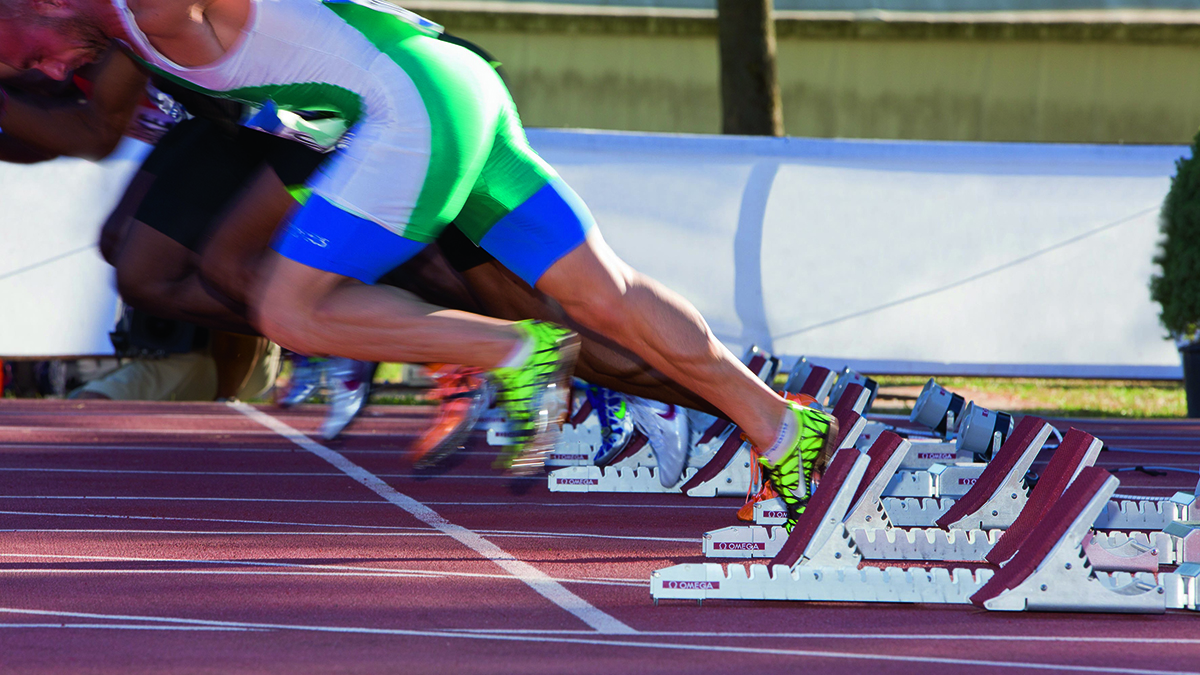
A free daily email with the biggest news stories of the day – and the best features from TheWeek.com
You are now subscribed
Your newsletter sign-up was successful
Omega's job actually starts about three years before an Olympics opening ceremony. We’ve had people in Rio for all that time because, even though the venues might not have broken ground three years out, we have a lot of technical requirements and, of course, we have to do test runs as early as we can. In Rio, every sport has already had trial events to make sure the systems are working correctly.
People sometimes ask me if we have reached the ultimate in the measurement of an athlete’s performance. After all, we have the ability to measure down to a millionth of a second, which is beyond the requirements of individual sports. This is then adjusted to the event in question – so if it’s an athletics competition, we give the result in hundredths of a second, if it’s track cycling, in thousandths, and so on. And this time, in Rio, we have much the same scale of operation as we were in London – about 450 tons of equipment and a team of around 480 technicians, plus 800 to 1,000 volunteers. So is there any way to improve how we time Olympic events? The answer is yes.
Our innovation comes from three main areas. Firstly, the athletes, who let us know about ways we can help them perform better and improve their times in their particular disciplines. Suggestions and input might also come from the judges, who apply our timings, then finally from our technicians. If there is new technology on the market that can be adapted to timing, they will suggest we incorporate it. The rule is, though, that we never debut any technology at the Olympics. We would always test and test our innovations in the labs with athletes first, and then trial them at smaller events between the Games before we inaugurate them at the main event.
The Week
Escape your echo chamber. Get the facts behind the news, plus analysis from multiple perspectives.

Sign up for The Week's Free Newsletters
From our morning news briefing to a weekly Good News Newsletter, get the best of The Week delivered directly to your inbox.
From our morning news briefing to a weekly Good News Newsletter, get the best of The Week delivered directly to your inbox.
In Rio, we have two innovations in swimming that, although they don’t affect the actual timing of the event, do influence the athletes’ overall performance. One example is a mechanical backstroke start device – a bar – that helps the swimmers take off faster. There is also a digital lap-counter, which sits at the bottom of the pool, enabling the distance swimmers to tell the number of lengths remaining without lifting their heads from the water. It changes the lap number every time the competitor touches his or her pad at the end of each lane. That Swim-O-Matic touch pad has hardly changed since its Olympic debut in Mexico City in 1968 – swimmers are the only athletes in the Games who actually stop their own clock, by putting pressure on the pad.
We’ve also improved the photo-finish camera yet again, with 10,000 pictures a second and better resolution of the images, plus adjustable heights for the sensors – which is great for the Paralympics’ wheelchair races. The photo finish is a key piece of equipment, and has been ever since its debut in London in 1948. There’s also a new and more sensitive false-start system, which, if an athlete does go off early, will allow the judges to know who was responsible. There’s a very precise new system for archery, where a laser grid over the target records precisely where the arrow hits. Lastly, golf is back in the Olympics, and, here, the new technology is for the spectators, where the scoreboard will provide real-time information about power, angles, speed and the trajectory of the ball after it has been played.
So, although it might seem that Omega can’t get any more accurate when it comes to timing, there are always fresh ideas and exciting new concepts coming along every four years – and Rio is no exception.
ALAIN ZOBRIST is CEO of Omega Timing. An economist by training, he says a passion for sport is an essential requirement for his job: ‘You’ve got to love the way athletes strive to go higher and faster and longer, and want to be part of that’; omegawatches.com
A free daily email with the biggest news stories of the day – and the best features from TheWeek.com
-
 Health insurance: Premiums soar as ACA subsidies end
Health insurance: Premiums soar as ACA subsidies endFeature 1.4 million people have dropped coverage
-
 Anthropic: AI triggers the ‘SaaSpocalypse’
Anthropic: AI triggers the ‘SaaSpocalypse’Feature A grim reaper for software services?
-
 NIH director Bhattacharya tapped as acting CDC head
NIH director Bhattacharya tapped as acting CDC headSpeed Read Jay Bhattacharya, a critic of the CDC’s Covid-19 response, will now lead the Centers for Disease Control and Prevention
-
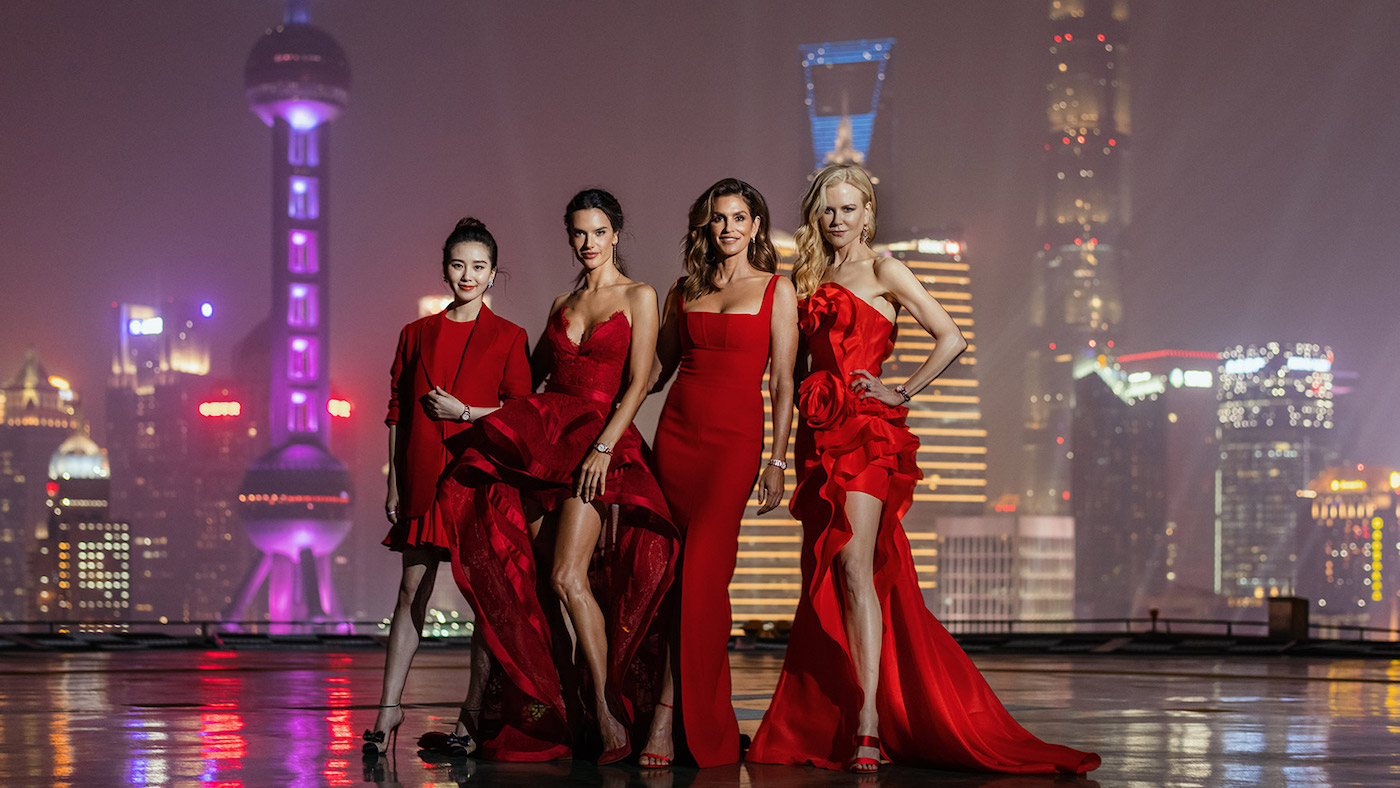 Omega's leading ladies on their first watches
Omega's leading ladies on their first watchesIn Depth Nicole Kidman, Cindy Crawford and Alessandra Ambrosio on their first watches
-
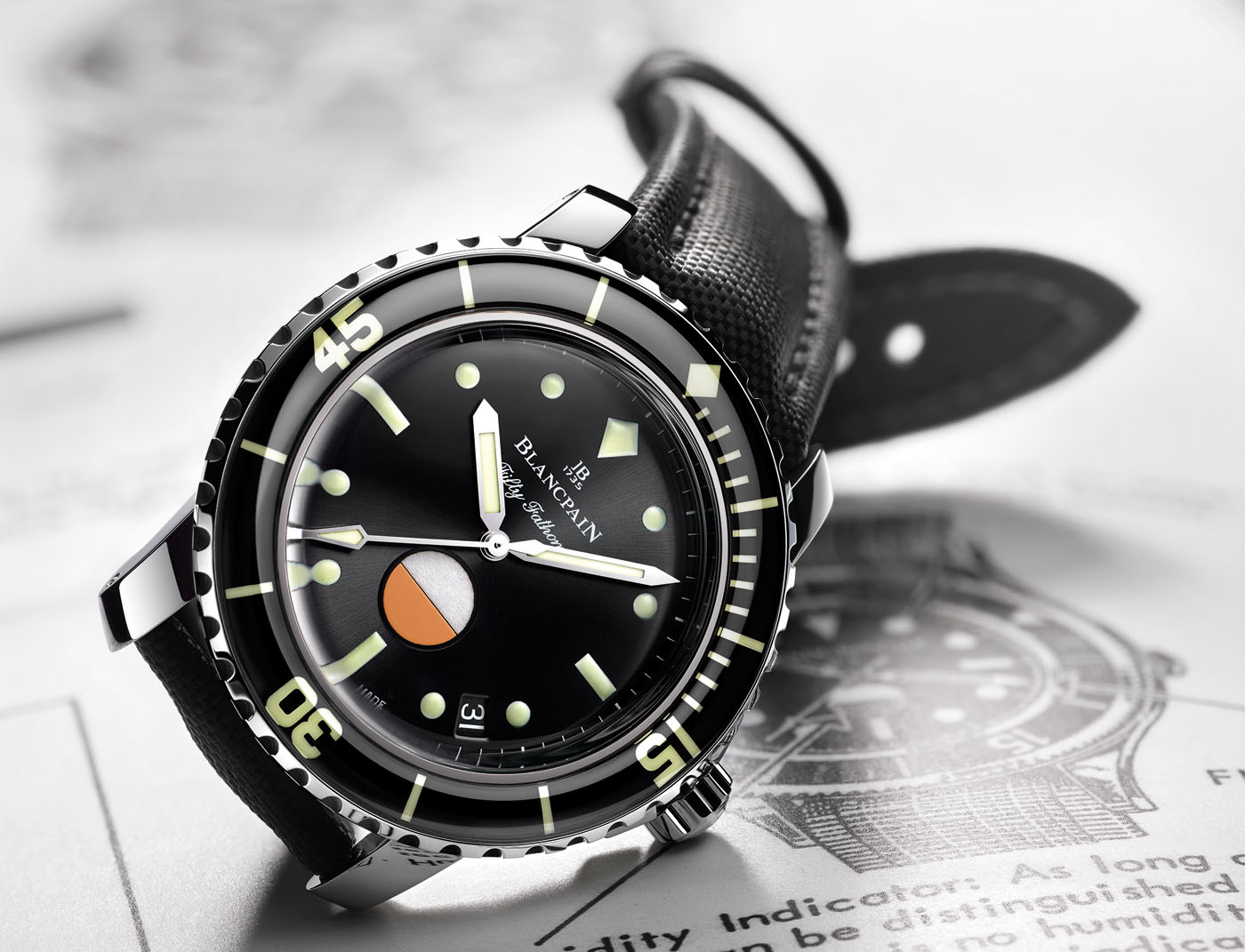 Seven great dive watches
Seven great dive watchesIn Depth From Blancpain to Panerai, the waters are teeming with excellent submersibles
-
 Omega and the America's Cup
Omega and the America's CupIn Depth As Emirates Team New Zealand head into the final, we speak to skipper Glenn Ashby and team boss Grant Dalton about technology and timing
-
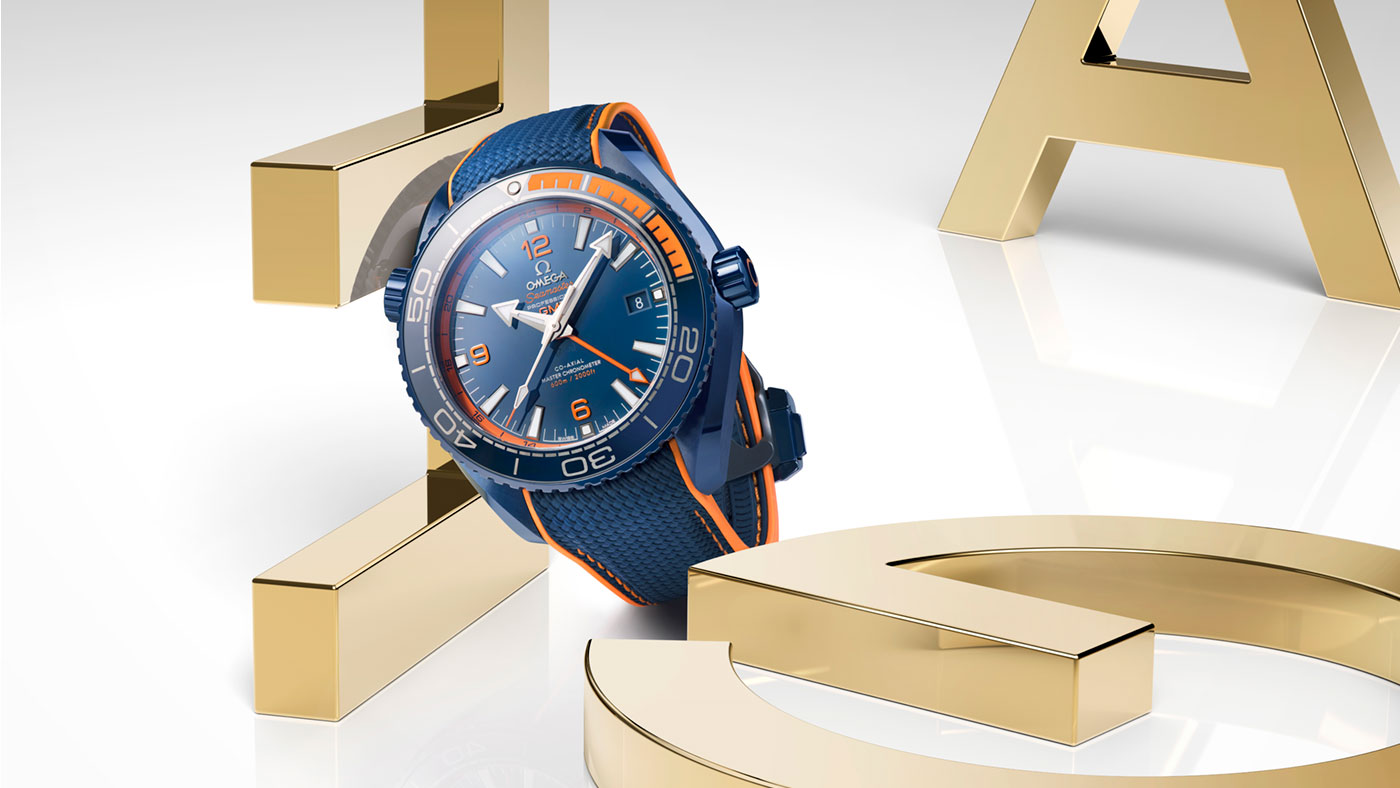 Nine of the best blue watches of 2017
Nine of the best blue watches of 2017In Depth With the trend here to stay, we pick the top timepieces to achieve this year's key look
-
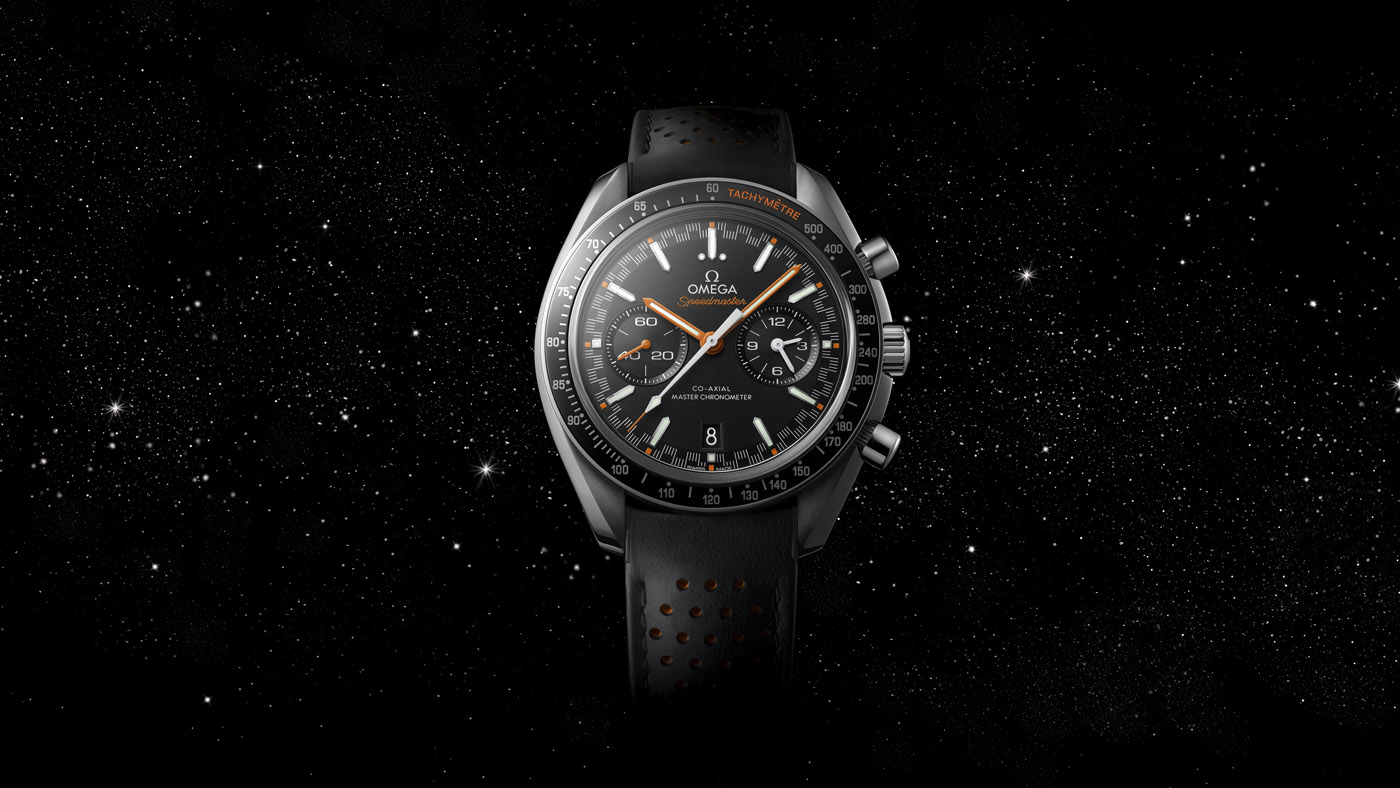 Omega unveils new Speedmaster Moonwatch Automatic Master Chronometer ahead of Baselworld 2017
Omega unveils new Speedmaster Moonwatch Automatic Master Chronometer ahead of Baselworld 2017The Week Recommends The storied Speedmaster is already available in several different flavours - and Omega has now unveiled another
-
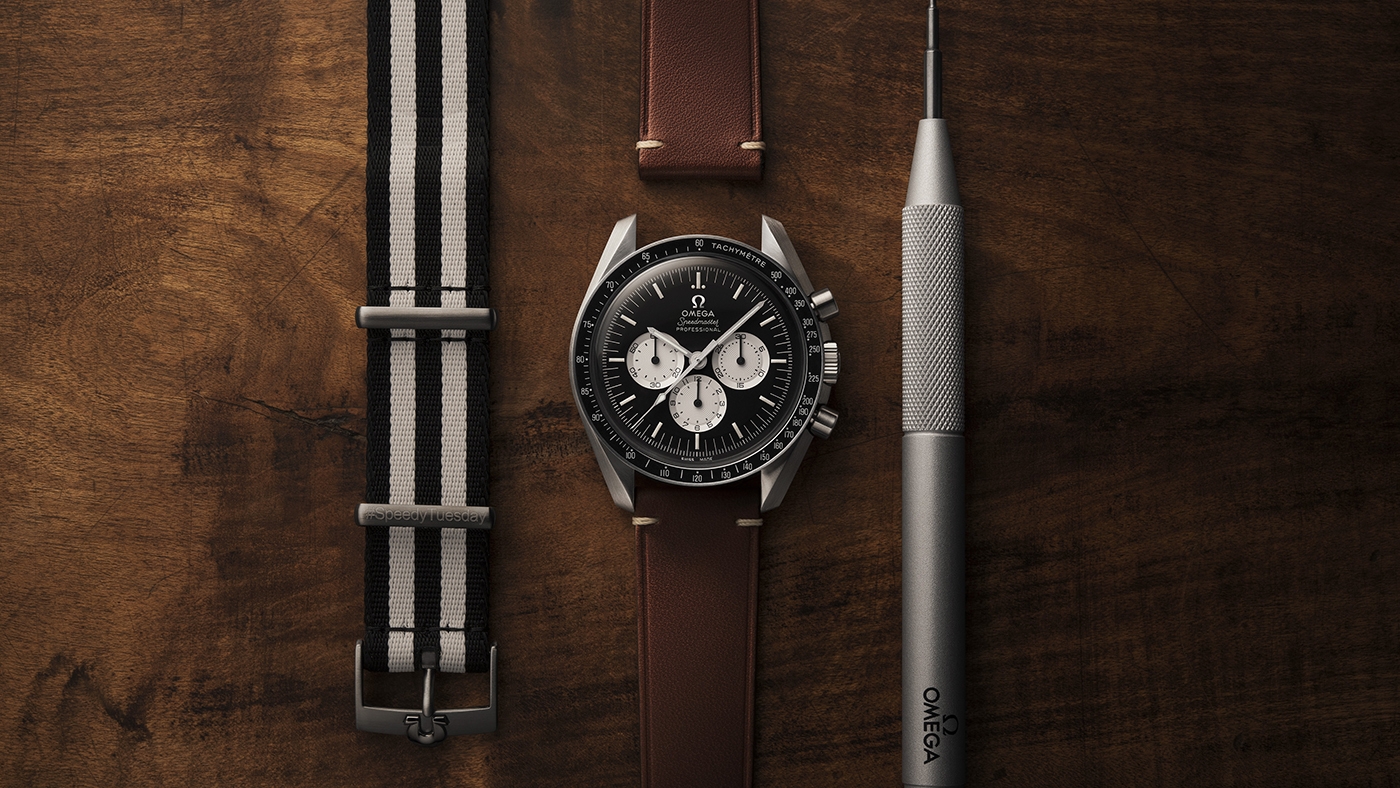 #SpeedyTuesday: Omega's Instagram-inspired timepiece
#SpeedyTuesday: Omega's Instagram-inspired timepieceIn Depth In a thoroughly modern move, the watchmaker pays tribute to its online admirers with a limited-edition version of the iconic Speedmaster
-
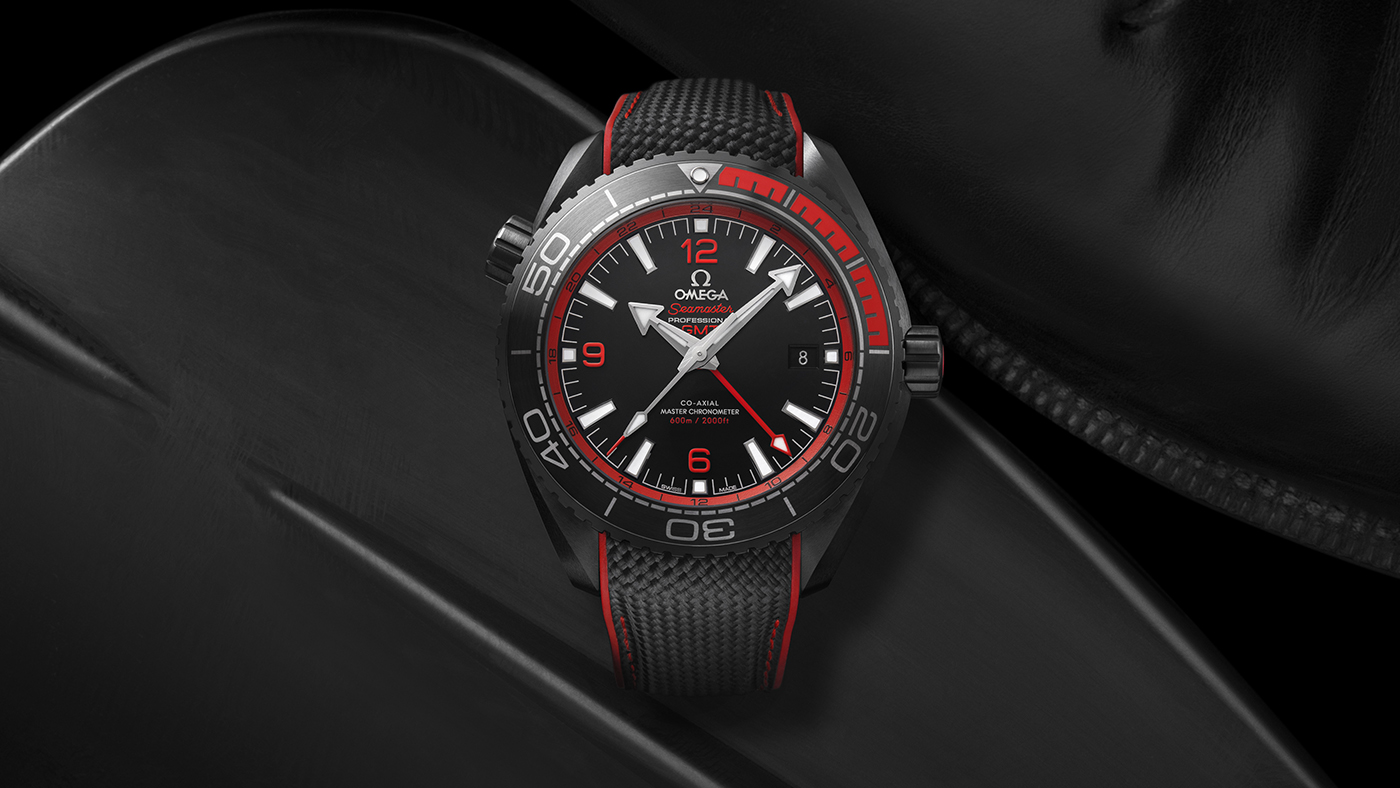 High time: The best watches for Christmas
High time: The best watches for ChristmasIn Depth Match the model with the person and present your loved ones with a gift that's guaranteed to impress
-
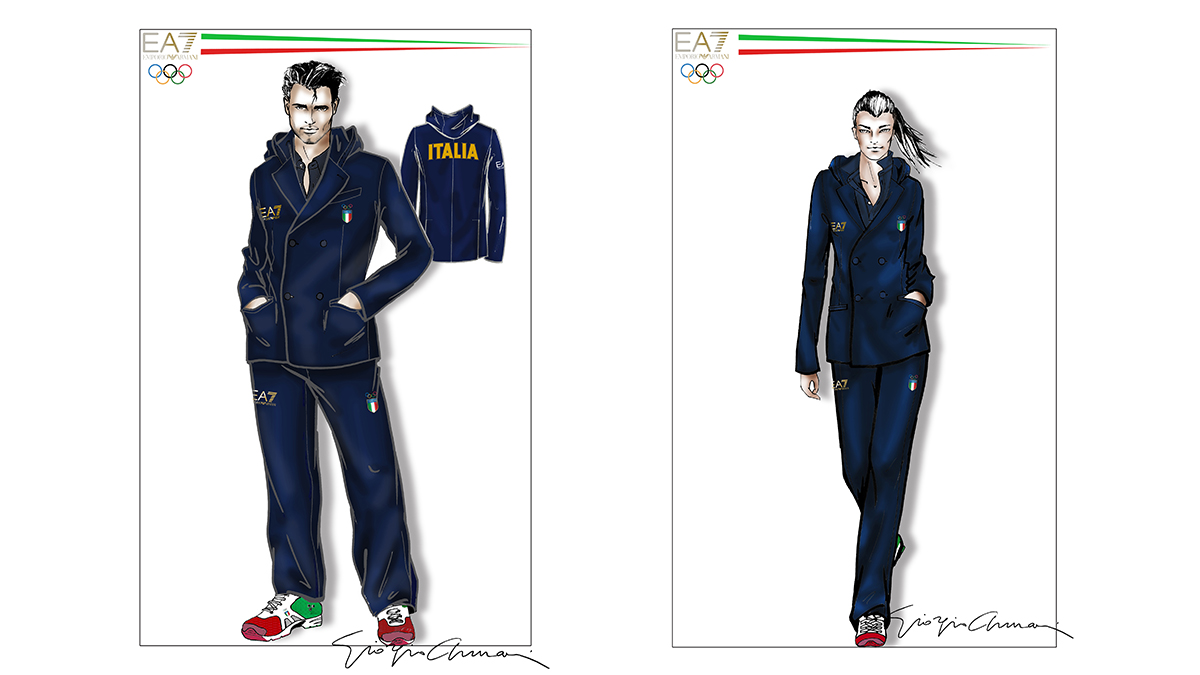 The Italian Olympic team sports Armani in Rio
The Italian Olympic team sports Armani in RioSpeed Read Athletic practicality meets European elegance in the designer's stylish sportswear collection, which will be worn throughout the 2016 Games